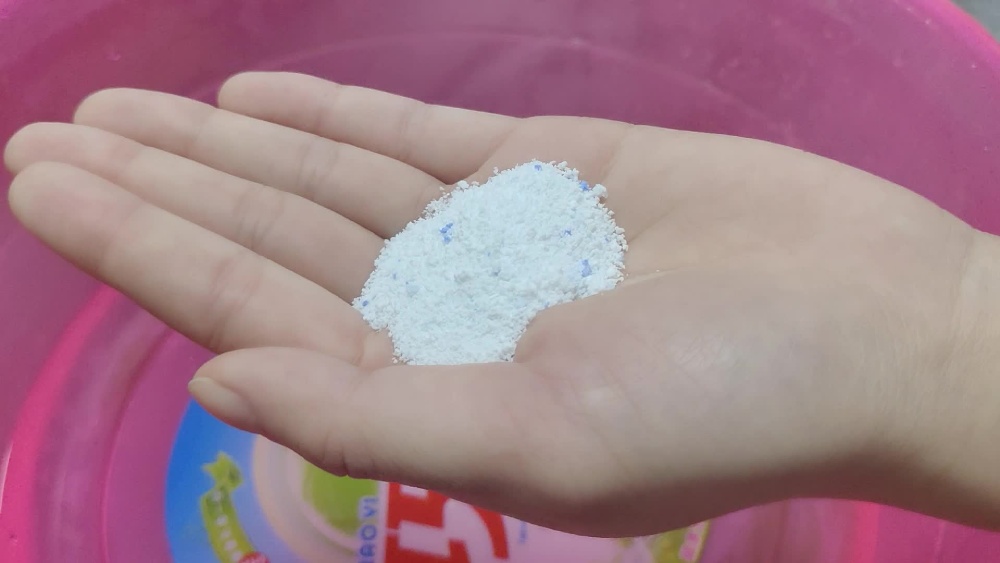Is Reverse Osmosis Water Safe? Everything You Need to Know
Water quality is a critical concern for households, as contaminants can impact health and taste. One of the most popular water purification methods is reverse osmosis (RO). This advanced filtration system removes impurities, but many people wonder: Is reverse osmosis water safe? In this article, we’ll explore the benefits, potential concerns, and effectiveness of reverse osmosis systems to help you determine if it's the right choice for your home.
Understanding Reverse Osmosis Water Filtration
An osmosis water system for home is a highly effective way to ensure clean drinking water. This system works by forcing water through a semi-permeable membrane, removing contaminants such as chlorine, lead, bacteria, and other harmful substances. Many homeowners choose RO systems because they provide purified water that tastes better and is free from many of the pollutants found in tap water. Compared to other filtration methods, reverse osmosis stands out for its ability to remove even the smallest particles, ensuring high-quality hydration for you and your family.
The Benefits of Reverse Osmosis Water
Reverse osmosis offers numerous advantages, making it a preferred choice for homeowners seeking pure and safe drinking water. Some key benefits include:
1. Removes Harmful Contaminants
Reverse osmosis filters out dangerous contaminants such as lead, arsenic, nitrates, and bacteria. By eliminating these impurities, it significantly reduces health risks associated with poor water quality.
2. Improves Taste and Odor
Tap water often contains chlorine and other chemicals that affect its taste and smell. RO systems remove these elements, delivering fresh, crisp water that enhances hydration and food preparation.
3. Reduces Sodium Levels
Unlike standard water softeners, which replace minerals with sodium, reverse osmosis removes excess salts. This makes it a great option for those on a low-sodium diet.
4. Cost-Effective Alternative to Bottled Water
Many families spend hundreds of dollars annually on bottled water. With an RO system, you can enjoy purified water straight from the tap, reducing expenses and plastic waste.
5. Environmentally Friendly
Bottled water contributes to plastic pollution. By installing an RO system, you help minimize plastic consumption and reduce environmental waste.
Addressing Concerns About Reverse Osmosis Water
While reverse osmosis is highly effective, some concerns exist regarding its impact on health and environmental sustainability. Let’s examine these issues:
1. Does Reverse Osmosis Remove Beneficial Minerals?
Yes, reverse osmosis removes both harmful contaminants and essential minerals like calcium and magnesium. However, most people receive these minerals from their diet, making this concern minimal. Additionally, some RO systems come with remineralization filters to restore essential minerals.
2. Is RO Water Too Acidic?
RO water can have a slightly lower pH due to the removal of minerals, but this does not pose health risks. In fact, many bottled waters have similar pH levels. If desired, you can add a remineralization filter to balance pH levels.
3. Does Reverse Osmosis Waste Water?
Traditional RO systems do produce wastewater, but modern units are designed to be more efficient. Some models incorporate water-saving technology to minimize waste, making them a more sustainable choice.
Choosing the Right Reverse Osmosis System for Your Home
When selecting an osmosis water system for home, consider factors such as water quality, household size, and maintenance requirements. Here are some key aspects to keep in mind:
- Filtration Stages: Some RO systems include multiple filtration stages, such as sediment filters, carbon filters, and remineralization stages, for enhanced purification.
- Storage Capacity: If you have a large family, opt for a system with a bigger storage tank to ensure a constant supply of filtered water.
- Installation and Maintenance: Choose a system that is easy to install and requires minimal upkeep. Regular filter replacements are necessary to maintain efficiency.
- Brand Reputation: Research trusted brands with positive customer reviews to ensure you’re investing in a high-quality product.
Final Thoughts: Is Reverse Osmosis Water Safe?
Yes, reverse osmosis water is safe to drink and offers numerous health benefits. It effectively removes contaminants, improves taste, and provides an eco-friendly alternative to bottled water. While some concerns exist regarding mineral loss and water waste, these issues can be mitigated with remineralization filters and efficient RO models.
If you’re looking for a reliable and effective way to improve your home’s water quality, an osmosis water system for home is a great investment. With the right system, you can enjoy clean, refreshing water every day, ensuring better health and peace of mind for your family.












